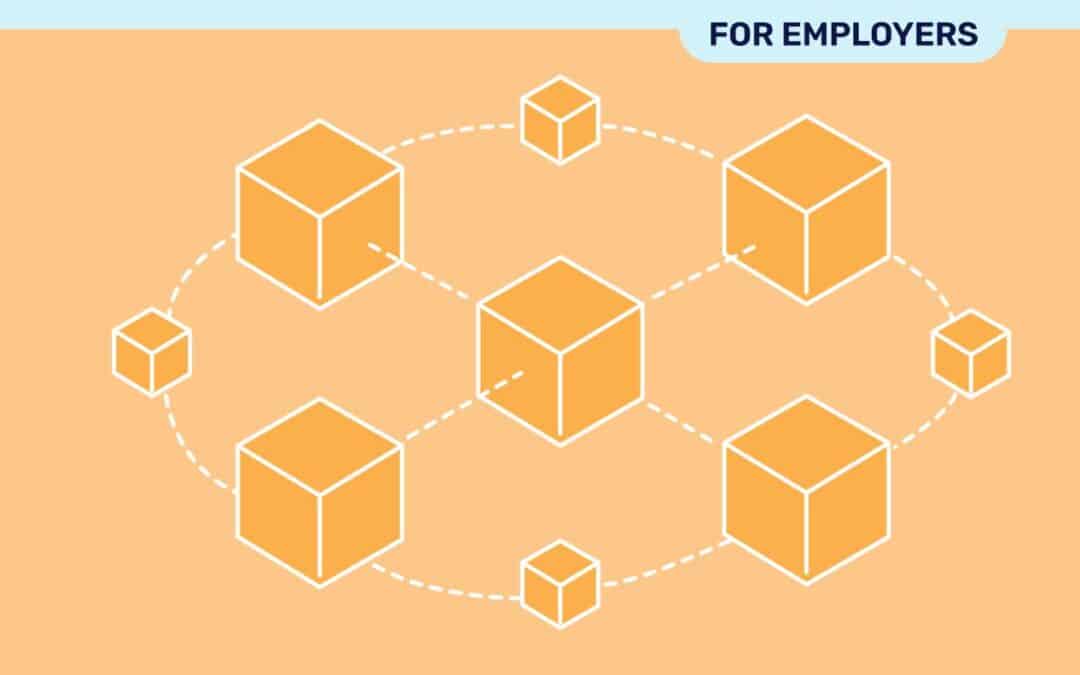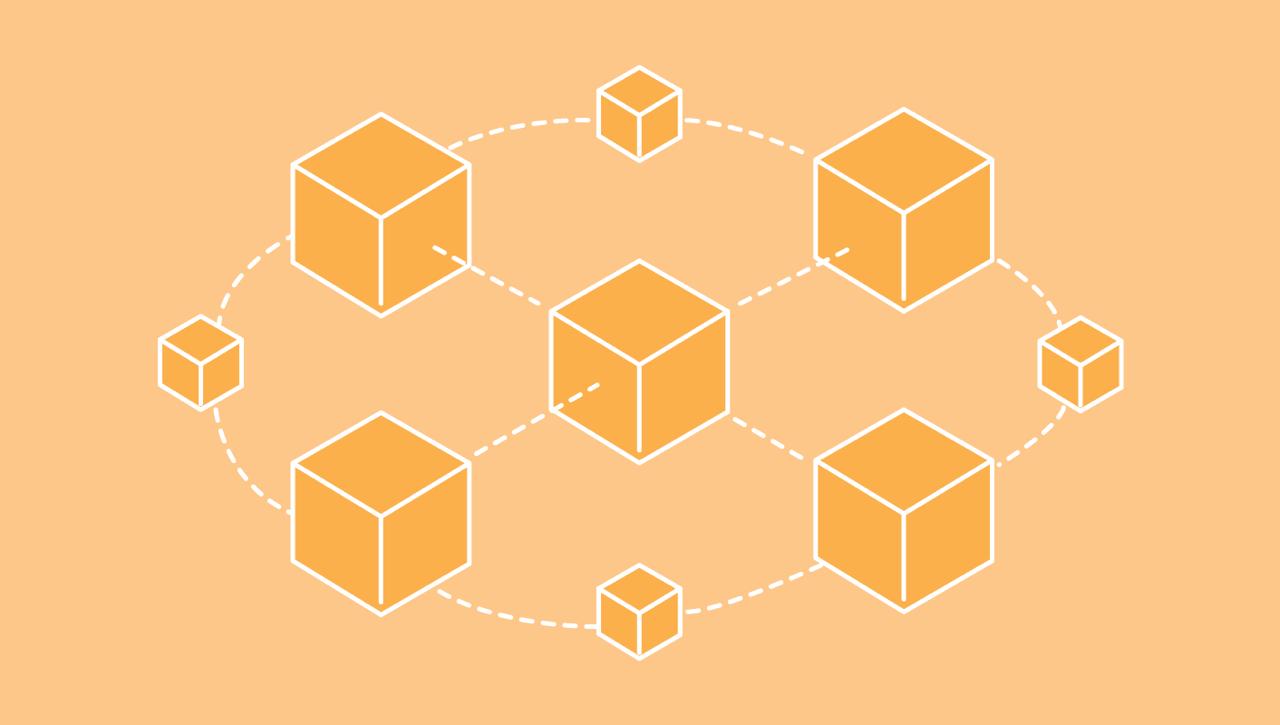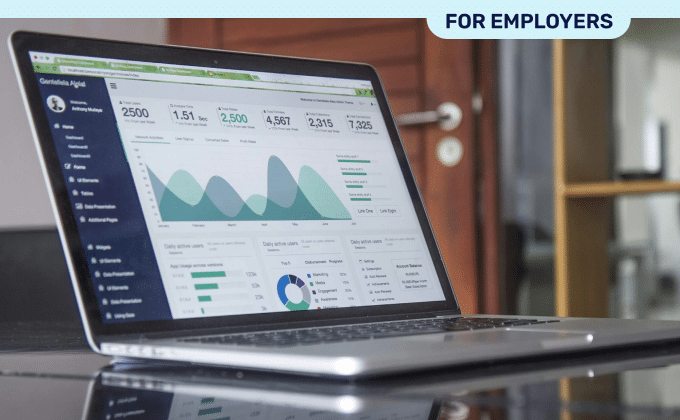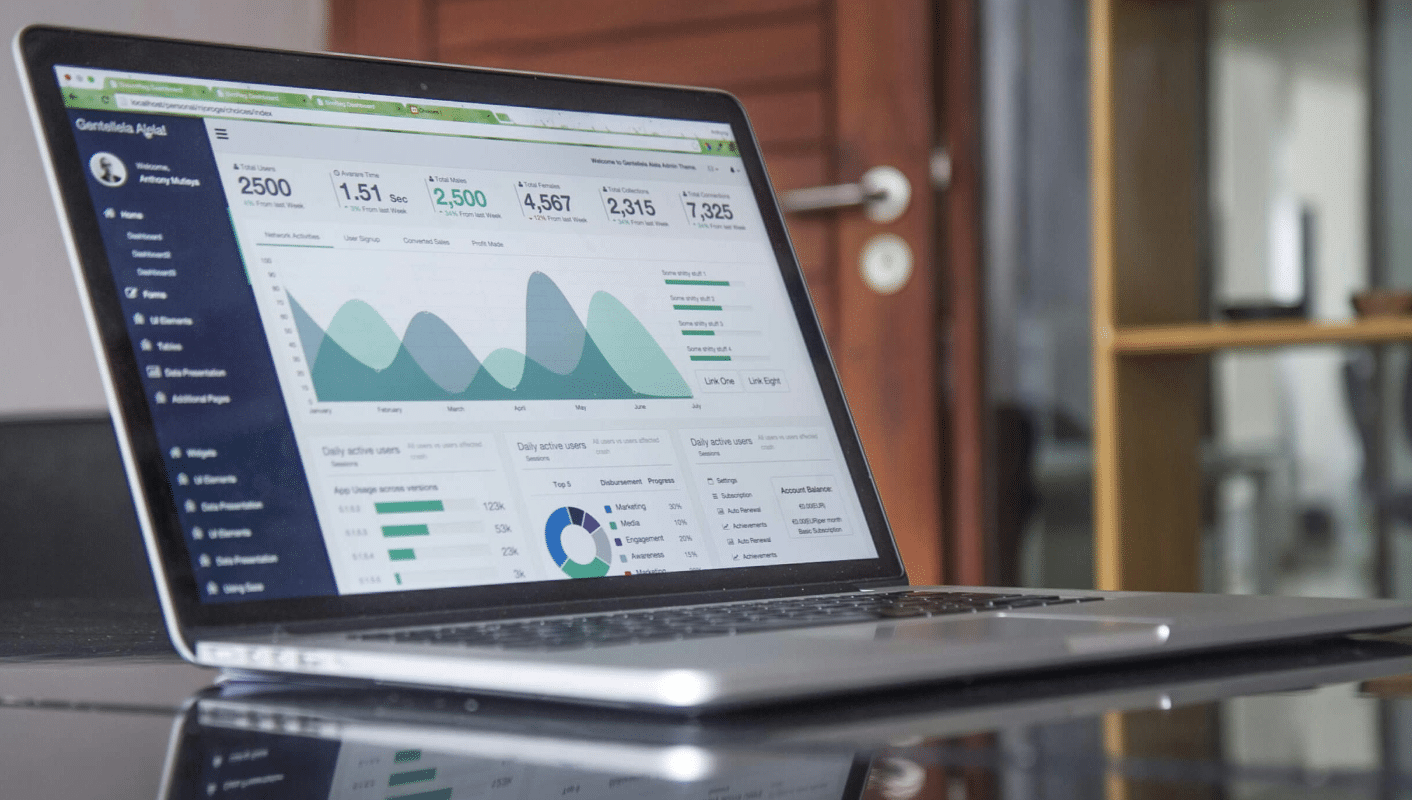
Blockchain developers: build the blocks for a new foundation
Blockchain developer: build the blocks for a new foundation

Hire a Blockchain developer and join the revolution to enhance your business’s security, transparency, and efficiency. We have talked before about how data is the new gold. In this world, clouding is the revolution for storage and delivery, and Blockchain is the innovation to assure trust, transparency, and security. If you wouldn’t leave your gold in a wooden cage in the middle of the street, then you won’t leave your data hanging unsecured in the vast spaces of the internet. Hiring a blockchain developer can open doors to transformative opportunities, whether you’re a small business or a global enterprise. This guide explores everything you need to know about blockchain technology, its benefits, integration strategies, future trends, and the costs associated with hiring a blockchain developer.
What is blockchain technology?
Blockchain is a decentralized digital ledger used to securely and transparently record transactions. Each transaction, or “block,” is linked to the previous one, forming an immutable chain. This technology is pivotal in industries ranging from finance to supply chain management. By eliminating the need for intermediaries, blockchain ensures faster and more secure processes.
Types of blockchain technology
- Public blockchain: Open to anyone, these blockchains are entirely decentralized. Examples include Bitcoin and Ethereum, widely used for cryptocurrencies and other open systems. Public blockchains are highly transparent but may experience slower transaction speeds due to consensus mechanisms.
- Private blockchain: Restricted to authorized participants, you can employ private blockchains for internal processes and sensitive data management. Platforms like Hyperledger and R3 Corda exemplify this type. They offer enhanced security and faster processing but are less transparent than public options.
- Consortium blockchain: Managed by multiple organizations, this type balances decentralization and controlled access. Common in banking and supply chain systems, consortium blockchains are efficient for collaborations among trusted entities.
- Hybrid blockchain: Combining features of public and private blockchains, hybrid systems offer customized solutions tailored to specific business needs. Businesses can control access while maintaining transparency for selected operations.
Type | Key features | Examples |
Public Blockchain | Open, transparent, slower speeds | Bitcoin, Ethereum |
Private Blockchain | Restricted, secure, faster speeds | Hyperledger, R3 Corda |
Consortium Blockchain | Collaborative, semi-decentralized | Banking, Logistics |
Hybrid Blockchain | Controlled access, flexible design | Custom Applications |
Understanding these types is essential for selecting the right blockchain technology for your business.
What are the advantages of hiring a blockchain developer?
So, hire a blockchain developer and get the numerous benefits of transforming how your businesses operate across industries:
- Enhanced security: Cryptographic protocols protect data from unauthorized access, ensuring robust security. The decentralized nature of blockchain makes it difficult for hackers to compromise the system.
- Transparency: A shared ledger enables participants to access the same data, fostering trust. Businesses can leverage this transparency to build stronger relationships with stakeholders.
- Efficiency: Blockchain automates processes like transaction validation, reducing time and operational costs. Smart contracts execute agreements automatically after the parts meet the conditions.
- Improved traceability: In supply chain management, blockchain provides an unchangeable product history record, ensuring authenticity and fraud detection.
- Cost reduction: By eliminating intermediaries, businesses can save on operational expenses. For example, blockchain-based payment systems bypass banks, lowering transaction fees.
- Scalability: Blockchain architecture supports growing demands, ensuring longevity. Expanding businesses benefit from the adaptability of these systems.
These advantages make blockchain compelling for businesses aiming to innovate and streamline operations.
When is the moment for my company to hire a blockchain developer?
Short answer: now, don’t let yourself be left behind by the trends of this world. Long answer: well, deciding the right time to adopt blockchain depends on various factors:
- Business needs: Identify areas where blockchain can improve transparency, security, or efficiency. Companies handling frequent fraud or inefficiencies benefit significantly.
- Industry trends: Monitor competitors and industry leaders using blockchain. Early adoption can offer a competitive edge.
- Readiness: Ensure your organization has the infrastructure and expertise to support blockchain technology. Hiring a blockchain developer with experience can be crucial.
- Regulatory compliance: Research legal and regulatory requirements for blockchain in your industry. Compliance is essential for successful adoption.
If your business deals with large amounts of sensitive data, complex supply chains, or aims to improve operational efficiency, the time to integrate blockchain is now.
How to integrate blockchain into your business
Implementing blockchain involves several steps:
- Identify use cases: Determine where blockchain can provide the most value. Examples include supply chain transparency for retail or secure data sharing in healthcare.
- Choose the right type: Select between public, private, consortium, or hybrid blockchains based on your goals and industry.
- Develop a strategy: Align blockchain with your broader business objectives. Consider scalability, compliance, and stakeholder alignment.
- Hire a blockchain developer: Seek developers skilled in platforms like Ethereum or Hyperledger with cryptography and decentralized systems expertise.
- Test and iterate: Build a prototype to evaluate functionality and identify issues. Rigorous testing ensures reliability.
- Deploy and monitor: Launch the solution and continuously assess its performance. Use metrics to measure success and refine operations.
Blockchain and AI: A perfect synergy
The integration of blockchain and artificial intelligence (AI) is unlocking new possibilities for businesses:
- Data integrity: Blockchain secures data, while AI analyzes it for insights, improving decision-making.
- Enhanced security: AI detects anomalies, and blockchain ensures tamper-proof records.
- Automation: Smart contracts can initiate AI-driven processes, streamlining workflows.
- Decentralized AI: Blockchain decentralizes AI models, ensuring transparency and reducing bias.
This combination enables businesses to address complex challenges while driving efficiency.
Future trends and opportunities
The blockchain landscape is evolving, with key trends shaping its future:
- Decentralized finance (DeFi): Peer-to-peer lending and decentralized exchanges are revolutionizing financial services.
- Tokenization: Real-world assets are digitized into tokens, facilitating seamless trading.
- Sustainability: Eco-friendly blockchain solutions are emerging, reducing energy consumption.
- Cross-industry adoption: Industries like healthcare and entertainment increasingly leverage blockchain.
- Worldwide teams: Brazil is in the top 20 countries with more blockchain developers for web3.js, NFT, and Solidity. With salary ranges up to 30% lower than in the U.S., those are job markets that everyone should explore.
Do you want to hire a blockchain developer? Estimated cost of developing a blockchain project
The cost of hiring a blockchain developer and building a project varies based on:
Factor | Impact on cost |
Complexity | Basic apps: ~$15,000; Complex: >$300,000 |
Platform Choice | Ethereum may involve higher fees |
Team Composition | Solo developers cost less than teams |
Location | LatAm developers offer competitive rates |
Duration | Longer projects incur higher costs |
What we can offer
The Top Latin Talent Team can help you to hire a blockchain developer. The best one for your needs, indeed. If you are looking for a junior position with senior mentoring included in the fee, look at this entry.
However, if you want to hire quality assurance at a senior level, we can also offer you all of our benefits such as:
- Professional recruiters specialized in Latin American tech talent pools that can help you find the best of the best.
- Access to candidates sourced from internal databases, targeted outreach, and partnerships with top coders academies in Latin America (for junior positions only).
- Our risk-free hiring guarantee will help you to save money and ensure a matching profile for your needs
- A quick process to fulfill your open positions, with around 4-8 business days to find your best matches.
Final Thoughts
Hiring a blockchain developer is a strategic move that can drive innovation, enhance security, and streamline operations. By understanding blockchain technology, its advantages, and integration strategies, businesses can position themselves at the forefront of this transformative trend. Whether exploring blockchain’s synergy with AI or future opportunities, now is the time to act. Your journey into blockchain can be revolutionary with the right talent and approach.
Are you looking to hire Latin American talent? Schedule a commitment-free meeting today with us to discuss your hiring needs.


